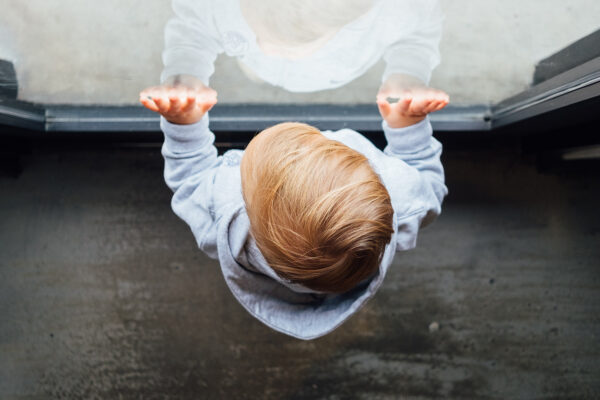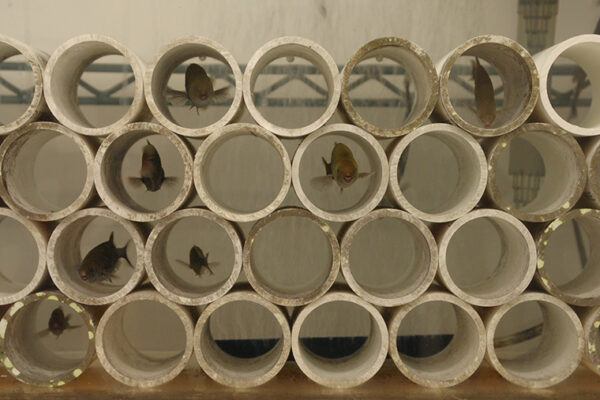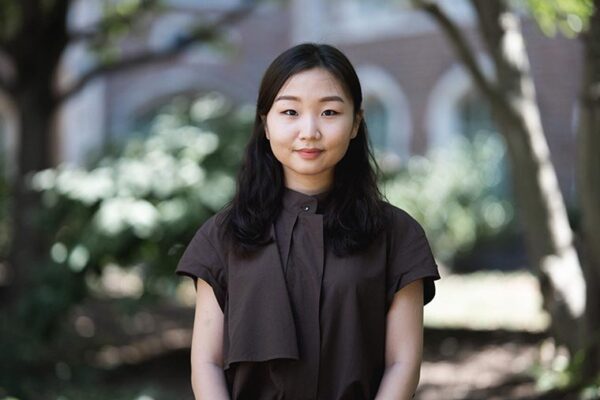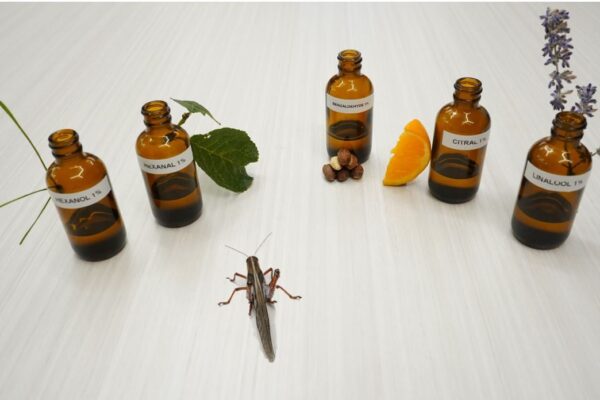Chemists develop unique design for tough but stretchable gels
Chenfeng Ke, an incoming associate professor of chemistry in Arts & Sciences, developed a unique design for tough but stretchable hydrogels, reported Aug. 23 in the journal Chem. The new material is both flexible and durable.
What happens in the tropics affects the globe
Volcanic eruptions can cause the Pacific Walker Circulation to temporarily weaken, inducing El Niño-like conditions. Human activity is affecting this system, too.
Engineers named fellows of Asia-Pacific Artificial Intelligence Association
Ramesh Agarwal, a professor of mechanical engineering & materials science, and Yixin Chen, a professor of computer science and engineering, both in the McKelvey School of Engineering, have been elected as fellows of the Asia-Pacific Artificial Intelligence Association (AAIA), an interdisciplinary organization of AI industries.
Race-based variations in gut bacteria emerge by 3 months of age
A study from biologist Elizabeth Mallott in Arts & Sciences highlights a critical development window during which racial differences in the gut microbiome emerge. Early social and environmental exposures can have large and lasting effects on child development and adult health.
McKinnon wins 2023 Kuiper Prize
The American Astronomical Society honored William B. McKinnon of Arts & Sciences for outstanding contributions to planetary science, including his work to propose and develop a series of novel ideas that profoundly changed the view of geophysical processes in the solar system.
Studying planetary habitability using ultraviolet light
Tansu Daylan, an assistant professor of physics in Arts & Sciences, was selected by NASA to join the Ultraviolet Transient Astronomy Satellite science team.
Simple ballpoint pen can write custom LEDs
Researchers working with Chuan Wang, at the McKelvey School of Engineering, have developed ink pens that allow individuals to handwrite flexible, stretchable optoelectronic devices on everyday materials including paper, textiles, rubber, plastics and 3D objects. The study is published in Nature Photonics.
Hormone alters electric fish’s signal-canceling trick
New research from Washington University in St. Louis shows that testosterone — which naturally triggers male electric fish to broadcast slightly different signals during the breeding season — also alters a system in the fish’s brain that enables the fish to ignore its own signal. The study by biologists Matasaburo Fukutomi and Bruce Carlson in Arts & Sciences is published in Current Biology.
Chun wins NASA FINESST grant
Sohee Chun, a graduate student in physics in Arts & Sciences, was awarded a Future Investigators in NASA Earth and Space Science Technology grant to optimize the shield inside a crysostat and around a gamma ray detector.
Good smells, bad smells: It’s all in the insect brain
Barani Raman and his lab at the McKelvey School of Engineering studied the behavior of the locusts and how the neurons in their brains responded to appealing and unappealing odors to learn more about how the brain encodes for preferences and how it learns.
View More Stories









